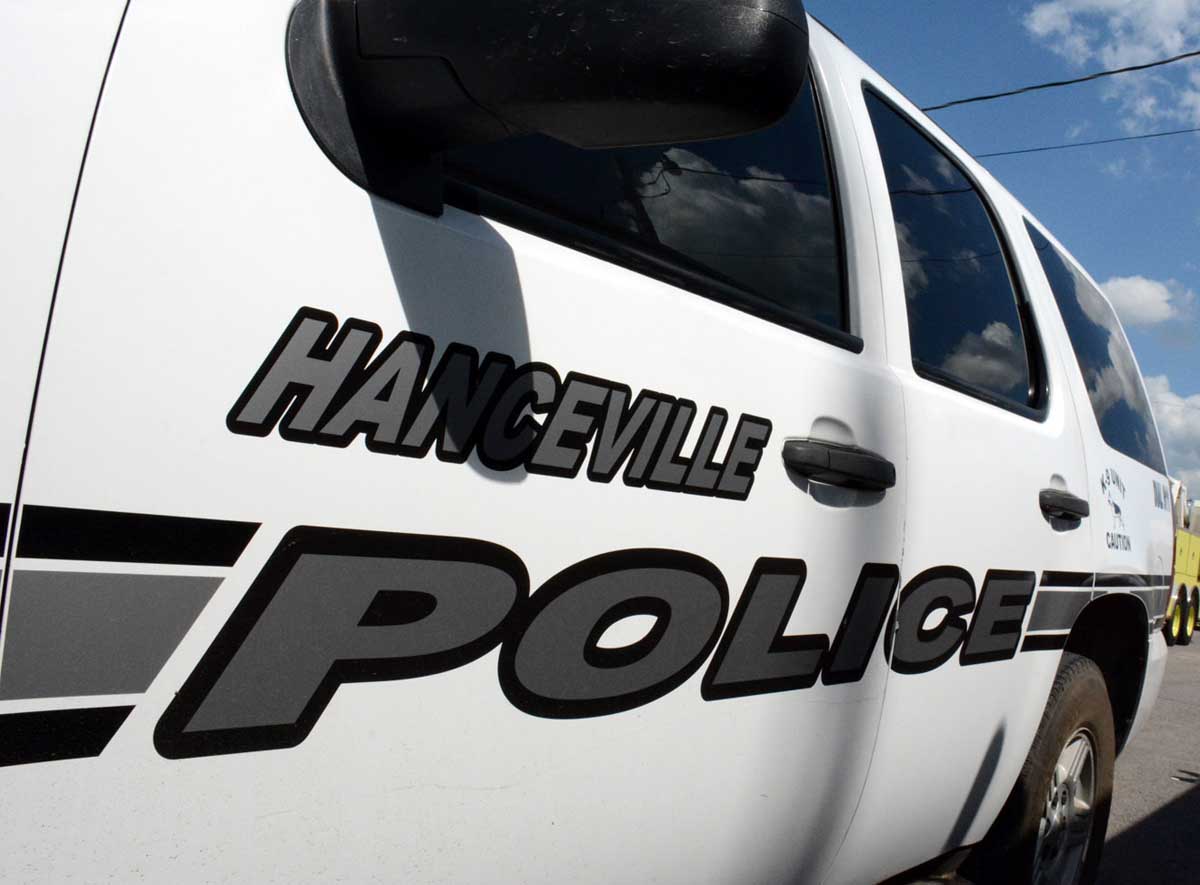I scream, you scream: Will massive ice cream recall permanently damage Blue Bell’s brand?
Published 2:00 pm Tuesday, April 21, 2015
For kitchen garbage cans across America, it was delicious news.
Trending
“At this point, we cannot say with certainty how Listeria was introduced to our facilities, and so we have taken this unprecedented step,” the company said in a written statement.
Dr. Jonlee Andrews, an Indiana University business professor specializing in brand management, says it’s exactly those sorts of enhanced quality assurance protocols that may help prevent the permanent contamination of the Blue Bell brand.
“I suspect they’re reasoning is that if we can show people we can be good stewards of their health, maybe they will trust us to get these things cleaned up and not have these problems in the future,” Andrews said.
Andrews points to Johnson & Johnson’s response to the 1982 Tylenol scare as a laudable — and effective — example of corporate crisis management. The company immediately recalled 31 million bottles of its top-selling pain reliever once it was determined that pills deliberately laced with cyanide had caused the death of seven people in the Chicago area. When Tylenol went back on the shelf, it was in tamper-proof packaging.
“If you think about the Johnson and Johnson case in the 1980s, it was just six or eight bottles in one store,” she said. “They took the high road and they bounced back pretty well.”
Trending
Blue Bell appears determined to have the same said of them.





